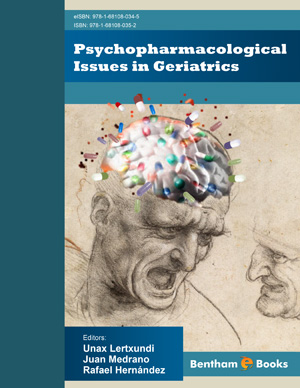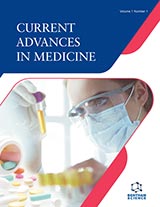Abstract
The overall consensus is that elderly psychiatric patients are more prone to develop adverse drug reactions than younger patients as a consequence of psychopharmacological medication. Elderly persons with psychiatric disorders frequently suffer from somatic diseases and may receive polypharmacy more than younger patients. Thus, they may tend to develop adverse drug reactions more frequently. In addition, medications are brought to market with limited experience regarding their adverse effects, given the small number of people who have taken them during pre-marketing clinical tests. This is particularly true with elderly patients. As a result of this conditioning factor, in particular during the years leading up to the appearance of a new medication, health professionals (basically the physician) should pay special attention to: both a) Identifying the adverse effects of medications.and b) Reporting them in order to always maintain a favourable risk-benefit balance.
Keywords: Adverse drug reactions, Antipsychotics, Case reports, Case-control study, Clinical Trial, Cohort Study, Drug authorization, Elderly, Geropsychiatry, Health Databases, Intensive monitoring studies, Metaanalysis, Pharmacogenetics, Pharmacovigilance, Post marketing studies, Prescription event-monitoring, Psychopharmacology, Risk management, Spontaneous, Yellow card.






















